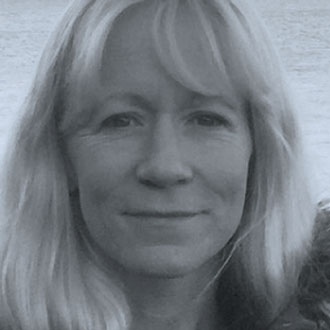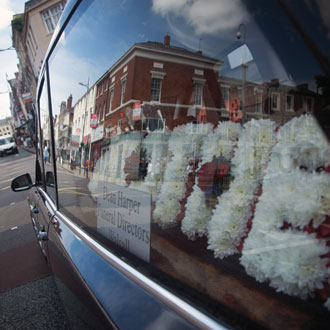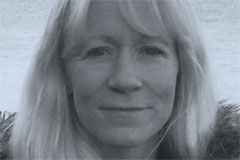
A few months ago, I sat with Mum in the same room in which we had nursed Dad, who had died from the rare and terrible inherited Creutzfeldt-Jakob disease almost a year before. It was there that a nervous policeman told us my brother had ‘passed away’ at the roadside after a car crash.
Time stopped. It’s quite extraordinary that he died in winter and it’s now spring. I can hardly remember one thing I have done since then, other than have fearfully intrusive visions of my brother’s violent end. Imagining the invasive horrors a traumatic cardiac arrest mandates, while trying to console and sustain my widowed, one-child-less Mum who was similarly adrift in the strange water after the traumatic storm. If this is not a cry for help, I don’t know what is.
Being a doctor puts you in a strange position for tragedy. I now understand how hard it can be for doctors to ask for help. I felt hugely awkward about being in the patient’s chair at the GP’s, and closed many a half-filled application for local psychological support services, who know my name as a referrer first.
I now understand how hard it can be for doctors to ask for help
Similarly, people tend to assume you have a higher threshold for handling illness, bad news and gore, and family reliance upon you is much greater. Family and friends defer to your judgment. I have never shaken the feeling that people, including my employers, think as a doctor I am better equipped to be ‘okay’ with all this loss, and that somehow the help does not need to be so clearly signposted.

And we feel the need to just keep going. Medicine is a wonderful job I feel privileged to do, but it is often a full-on, relentless job that requires a sizeable tank of energy and empathy. We all have life events that deplete that tank, but most of us feel that deep-rooted obligation to just keep going and put everyone else first. Until something happens where you just can’t anymore.
And of course we also fear judgment; so I feel a failure for not having returned to work yet, even though I would never judge a colleague in the same way.
Other writing competition entries
(Winner) Dr Renee Hoenderkamp: ‘I knew I was breaking every rule’
(2nd place) Dr Helen Cotton: My son’s call for help saved me
(3rd place) Dr Richard Cook: I tried to speak, but no words came’
(Under-35s winner) Dr Heather Ryan: Sometimes you need to break rules to be kind
However, some light pierced the grief cave recently. A friend’s relative asked me about some worrying symptoms. I remembered how much I love the detective work of medicine, the interaction with people, trying to help them find answers and deal with those answers. It felt like the flame of a boiler relighting, and I’d like to rejoin the ranks again. I hope I’ll be okay, and above all, safe.
Dr Celine Inglis is a GP ST3 in East Sussex

















